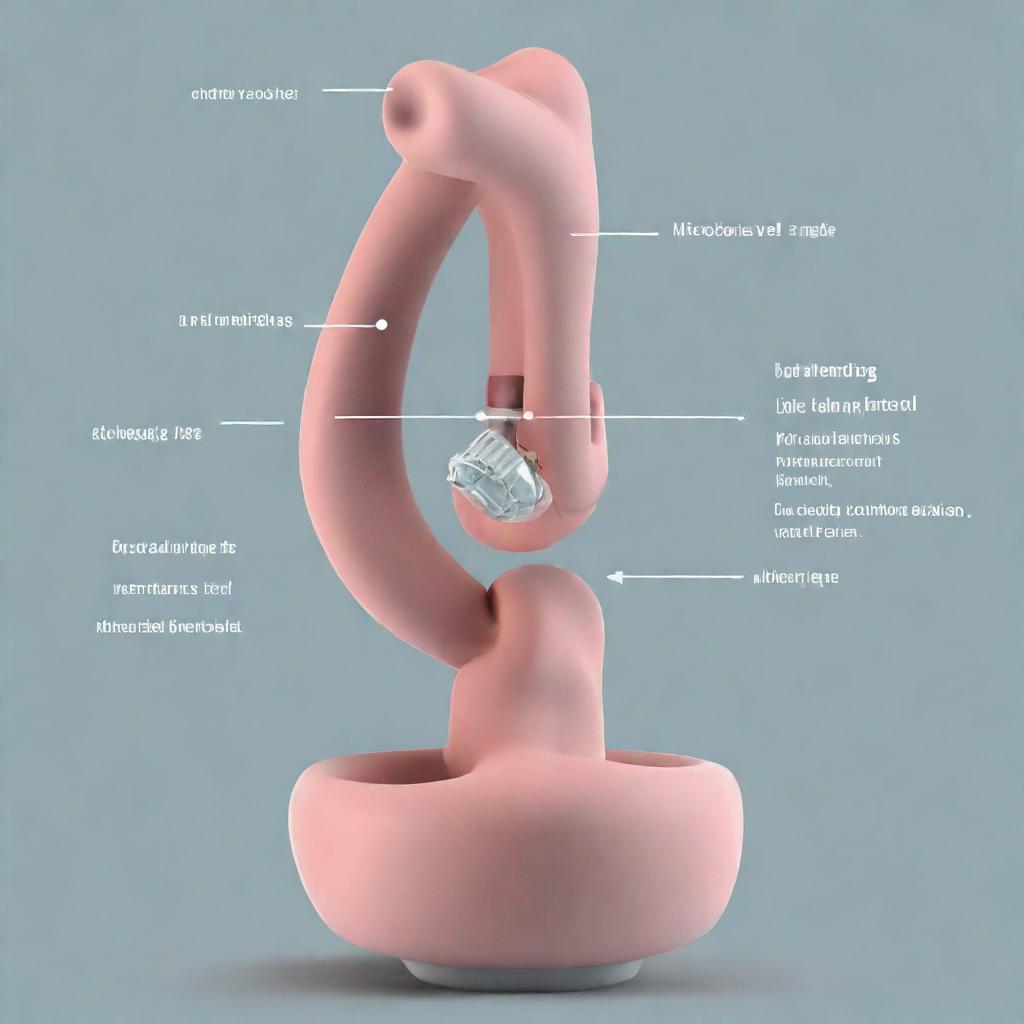## HEP A AB Test: Understanding Hepatitis A Virus Infection
### Introduction
The HEP A AB test is an essential diagnostic tool used to assess liver function and detect infection caused by the hepatitis A virus (HAV). It plays a vital role in ensuring proper diagnosis and timely management of this highly contagious disease.
### Test Overview
The HEP A AB test measures the levels of antibodies against HAV in a patient’s blood. Antibodies are proteins produced by the immune system in response to an infection or vaccination. The presence of HAV antibodies in a blood sample indicates that the person has been exposed to HAV and has developed immunity.
### Conditions and Diseases Detected
The HEP A AB test is primarily used to detect HAV infection. HAV causes a liver infection characterized by inflammation and liver damage. Symptoms of HAV infection can range from mild to severe and may include:
- Fatigue
- Nausea and vomiting
- Abdominal pain
- Dark urine
- Light-colored stools
- Joint pain
- Loss of appetite
- Fever
The test helps healthcare providers confirm a diagnosis of HAV infection and determine the stage of infection (acute or resolving).
### Preparation Guidelines
No special preparation is required for the HEP A AB test. Patients can typically eat and drink as usual before the test.
### Procedure
The HEP A AB test involves a simple blood draw from a vein in the arm. The procedure is quick, painless, and usually takes a few minutes. The blood sample is then sent to a laboratory for analysis.
### Duration and Waiting Time
The HEP A AB test usually takes several hours to a day for results to become available. Healthcare providers will typically contact patients with the test results and discuss any further steps that may be necessary.
### Additional Tests
Depending on the patient’s symptoms and medical history, healthcare providers may order additional tests to complement the HEP A AB test. These may include:
- **Liver function tests (LFTs):** To assess the overall function of the liver.
- **HAV RNA PCR test:** To detect the presence of HAV genetic material in the blood or stool.
### Conclusion
The HEP A AB test is a crucial tool for detecting and managing HAV infection. It provides valuable information about a patient’s immune response and the status of the infection. If you have experienced any symptoms of HAV infection or have been exposed to the virus, it’s important to discuss with your healthcare provider whether the HEP A AB test is right for you. Early detection and treatment can significantly improve the outcome and prevent serious complications.




